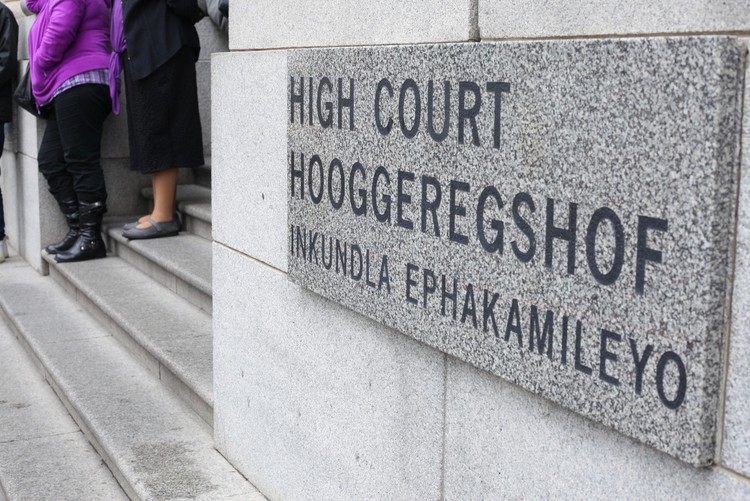Muslim women and children have been disadvantaged, court hears
Intent is not to challenge Islamic Law, says lawyer
In the court case seeking to give legal protection to women in Muslim marriages, advocate Nazreen Bawa argued that Muslim women and children “have always been historically disadvantaged”.
The Women’s Legal Centre has asked that Muslim marriages be treated the same as African customary, religious and civil marriages. The matter is being heard in the Western Cape High Court and is being heard by judges Siraj Desai, Nolwazi Boqwana and Gayaat Salie-Hlophe.
The Centre’s involvement was sparked by another case heard in August in the Western Cape High Court, which stemmed from an objection by the Deeds Office to the equal division of a husband’s estate between his two wives. Judgment in the application by the estate has been reserved.
Bawa, representing the Centre during the second day of arguments on Tuesday, emphasised that the intent was not to have Muslim marriages registered under the Marriages Act or to challenge the Quran and Islamic Law. Referencing several books and academic papers on Islam and Muslim marriages, Bawa said the rights of Muslim women and children had not been recognised over the years.
This led Judge Desai to interrupt Bawa, questioning her points of reference because “our history has been distorted to a great extent”.
“But it seems like your basic information is correct”, he said.
Attorney, Zehir Omar, is representing Lajnatun Nisaa-Il Muslimaat of the Association of Muslim Women of South Africa and the United Ulama Council of South Africa who are the sixth and seventh respondents in the matter. He argued that Bawa’s references to Muslim diversity “were disrespectful” and “could cause a division in Muslim communities”.
In response, Bawa said she was trying to demonstrate that the community was not “homogeneous in origins” and that not everyone would agree with “the thoughts and approaches of the application” by the estate in the other case.
She said the poor were the most vulnerable because they could not afford to challenge the legal system. Bawa said that other similar cases were also before the courts including that of Tarryn Faro who married under Muslim rites and was currently struggling to inherit from her late husband’s estate.
Nine respondents, including Home Affairs, the National Assembly and the South African Human Rights Commission, are expected to submit their views in the matter over two weeks.
The matter continues in court today.
Next: Being a refugee and a lesbian is difficult, says Somali woman
Previous: Better street lights would reduce crime, say Khayelitsha residents
© 2017 GroundUp. 
This article is licensed under a Creative Commons Attribution-NoDerivatives 4.0 International License.
You may republish this article, so long as you credit the authors and GroundUp, and do not change the text. Please include a link back to the original article.



